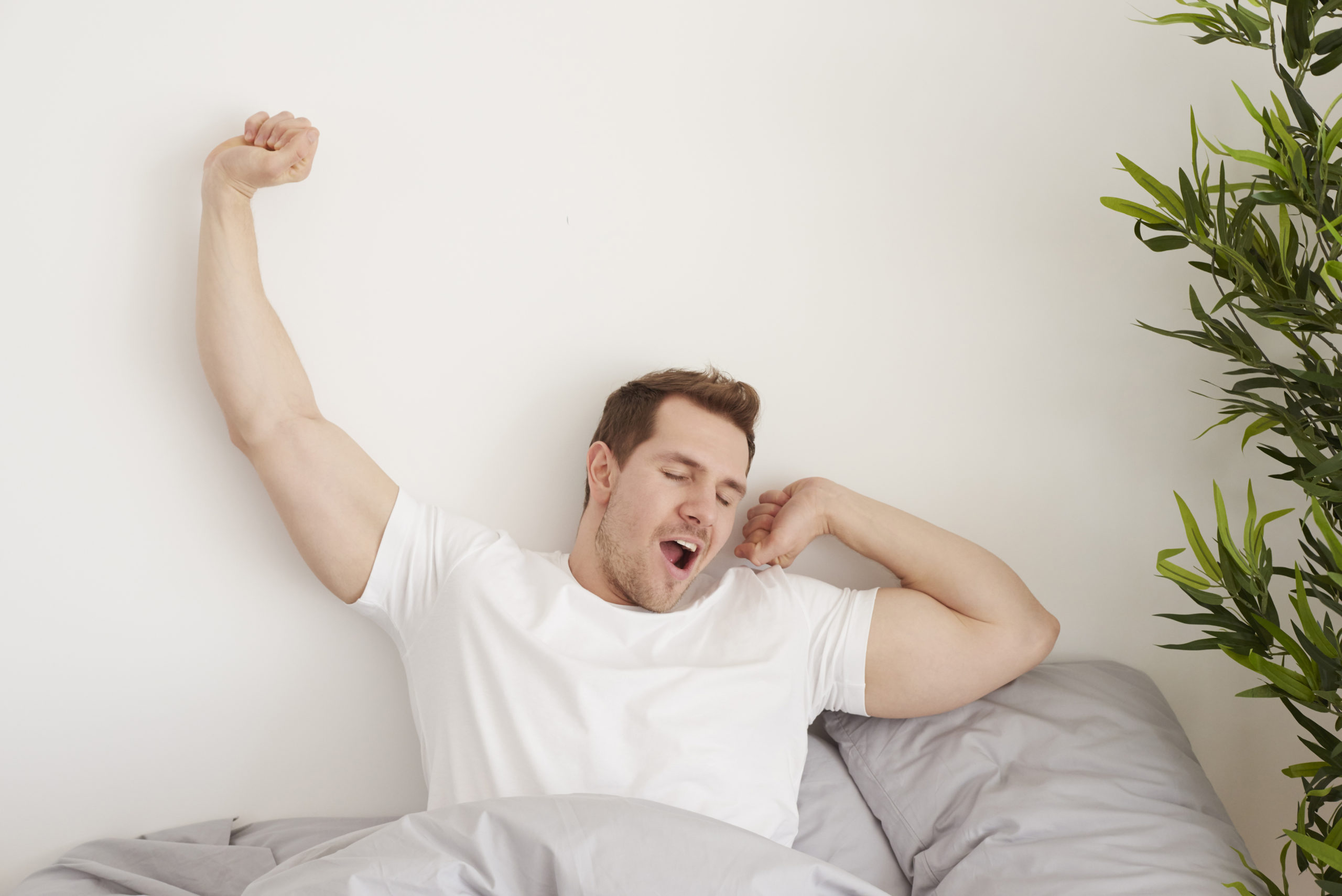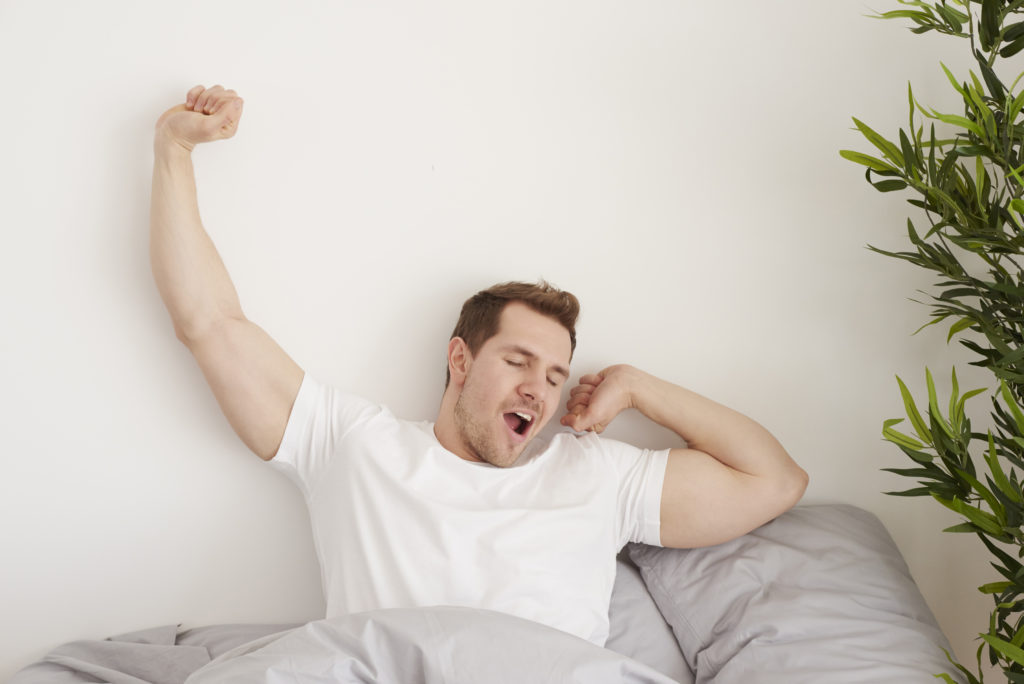Cognitive Behavior Therapy for Insomnia: Um, What Exactly is CBT-I?


Research has shown that sleep problems are epidemic. However, there is exciting research on Cognitive Behavioral Therapy for Insomnia (also known as CBT-I) showing that CBT-I is effective for both sleep problems and for the treatment and prevention of depression. What, then, is CBT-I? Cognitive Behavioral Therapy of Insomnia (CBT-I) is a structured program to help you challenge and replace thoughts and behaviors that cause or contribute to insomnia. The cognitive part of the treatment focuses on identifying and challenging thoughts and beliefs that tend to keep you in an agitated or frustrated state when trying to sleep. The behavioral part focuses on eliminating behaviors that worsen sleep and replacing these problematic behaviors with habits that facilitate and promote sleep.
CBT-I: 7 Steps to More Effective Sleep
CBT-I, as practiced here at the CBT Center of Southern California, consists of the following features:
1. Assessment: We conduct an insomnia interview with you to get an in-depth picture of your sleep problems. We also have you fill out a 2-week sleep diary that helps us understand the type of insomnia you have and the details of your experience.
2. Education: We talk to you about your sleep problems and educate you about what helps and hinders effective sleep.
3. Cognitive therapy: This phase of treatment helps you identify and challenge thoughts and beliefs that make you less likely to be able to sleep or, once awake, to keep you from quickly returning to sleep.
4. Stimulus control therapy: Often, by the time someone comes to us for help sleeping, the bed has become a place of anxiety and frustration. The stimulus control portion of the treatment is to eliminate all of the behaviors in bed that tend to muddy the stimulus to sleep. We want the bed, and bedtime itself, to trigger sleepiness, rather than restlessness. We help you figure out which activities and behaviors to eliminate from the bed.
5. Sleep restriction: When you have trouble sleeping it is natural to try to stay in bed for long stretches of time in the hope that you will eventually fall asleep. However, this can easily make the sleeplessness worse. It can be enormously helpful to restrict your time in bed so that you will be sleepier when you do go to bed. We show you how to do this effectively.
6. Sleep hygiene: This portion of the therapy is a focus on your life-style and how it affects your sleep. Understand the role that caffeine, drinking alcohol, smoking, and the lack of regular exercise plays on sleep. What is the effect of napping-does it help or hurt?
7. Relaxation skills: For some people who are keyed up and tense, learning relaxation skills may be of great benefit. We also teach mindfulness for individuals who worry when they could be sleeping.
The Cognitive Behavior Therapy Center of Southern California, offers CBT-I to the public.
For more information on how CBT and CBT-I in particular may be helpful for you, please Contact Us.

Author Dr. Rodney Boone is the Founder and Director of CBT SoCal, has taught as a former member of the faculty in UCLA’s Department of Psychiatry, and practices in Glendale and Torrance, CA.
